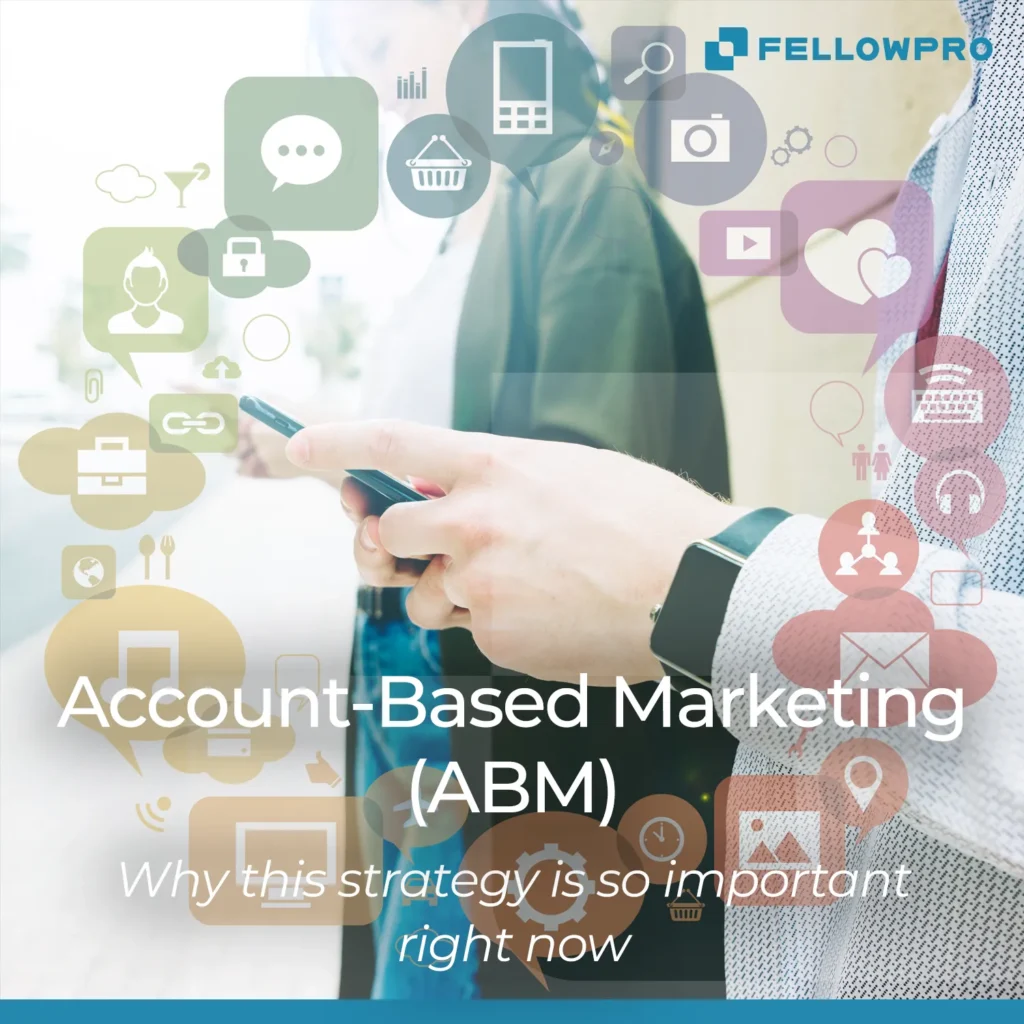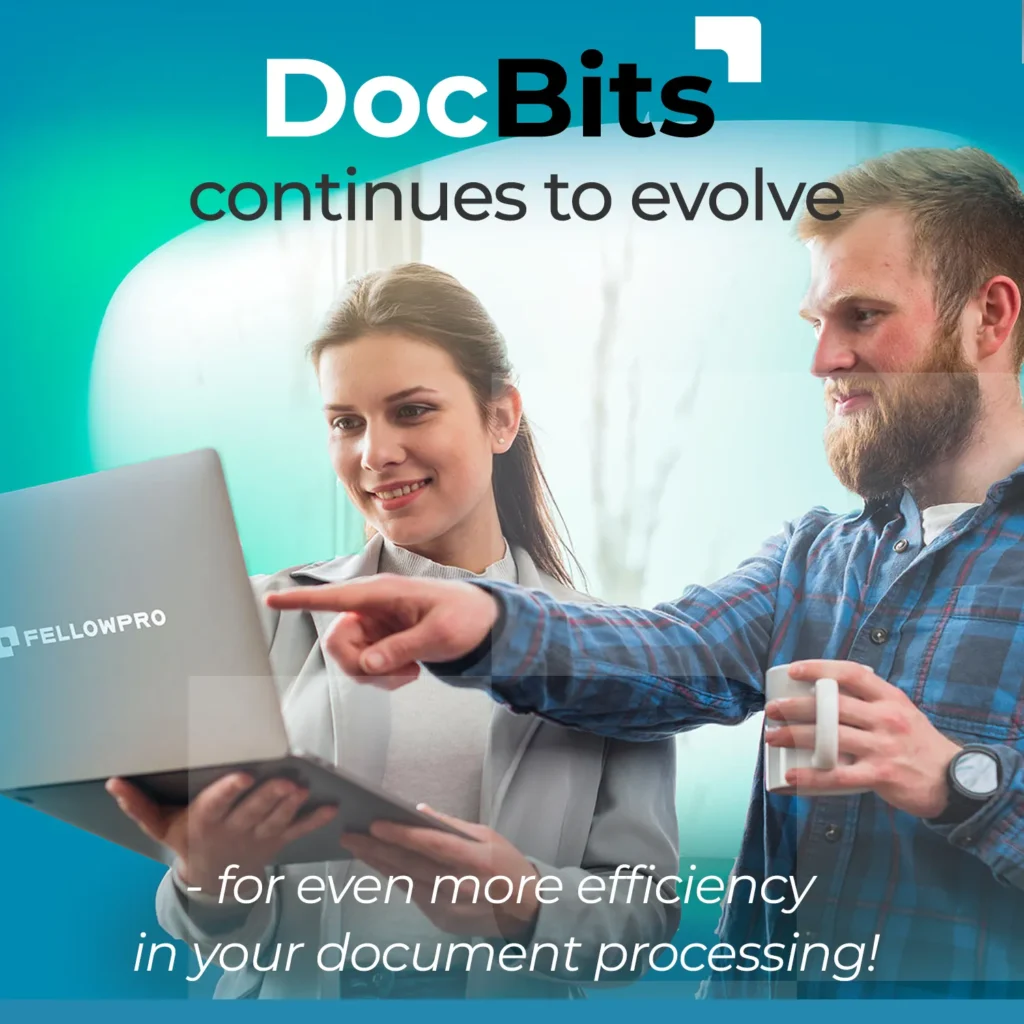
Marketing is constantly evolving—and with it, customer expectations. Mass emails and broad campaigns often no longer deliver the desired results. Companies are therefore looking for
SaaS (Software as a Service) is a cloud computing model in which software applications are delivered over the internet and hosted by a third-party provider. Instead of installing software on local computers or servers, users can access SaaS applications via a web browser. The SaaS provider manages, maintains and updates the software.
SaaS is ideal for companies and individuals who want to access software solutions quickly without having to invest in complex IT infrastructures. It is particularly suitable for applications such as email services, customer management, project management, content management systems and many other business applications.

Marketing is constantly evolving—and with it, customer expectations. Mass emails and broad campaigns often no longer deliver the desired results. Companies are therefore looking for

Digitalization is rapidly changing the world of work. Document processing in particular shows how much companies can benefit from automation: invoices are entered faster, data

– and how to avoid common mistakes Imagine sending an important email to a customer – and the address is wrong. Or ordering goods you

When Processes Become Not Just Faster, but Smarter Imagine your company as an orchestra. Every employee, every department plays its own instrument. Everything works, but

How many minds can process documents more intelligently than one Imagine you are standing in front of a mountain of documents: invoices, delivery notes, contracts.

More stability, better user guidance and enhanced functions With DocBits, we focus on continuous development so that our solution for intelligent document processing remains not

We are excited to announce a promising new partnership between FELLOWPRO and partners 2 innovate!

What happens if you continue to process manually? – and why automation pays off. In many companies, central processes such as the processing of invoices,